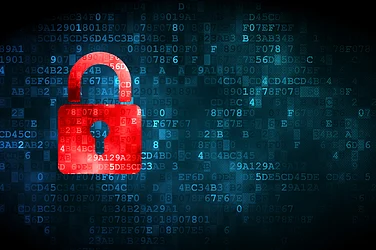We have all come across the term financial literacy. But what exactly is financial literacy?
“Financial literacy is the ability to use your skills and knowledge to make informed and right money-management decisions. In simple terms, financial literacy is the ability to understand money: how to spend, save, borrow and invest wisely. True financial literacy is not just understanding financial concepts but making your money work for you, even when you are asleep,” explained C.S. Sudheer, CEO and Founder, IndianMoney.
Financial literacy may seem an easy term like just money management. But the true meaning of financial literacy is doing the right things with money, leading to the right financial outcomes. Financial literacy is being literate enough to use financial services and make the best financial choices.
Benefits of financial literacy
Sudheer lists down the various benefits of financial literacy;
- Financial literacy helps people of all income levels and age groups. It helps save and invest and keep debt under control.
- Financial literacy helps you invest for a comfortable retirement. It also impacts quality of life.
- You get more out of every rupee earned, which is crucial for low-income people.
- It protects you from financial pitfalls. People with poor financial literacy end up paying higher transaction fees, higher interest on loans and eventually fall in the debt trap.
- Financial literacy focuses on smart spending. You learn to prioritise needs over wants, spend wisely with credit cards, avoid wasting money, money spent comes from savings and not loans, understand the terms and conditions of the loan before availing them.
- The financially illiterate are easy prey for fraudsters. They are tricked into investing in dubious schemes.
- Financial literacy brings financial stability and financial freedom.
Begin your financial literacy journey
There is a common belief in India that financial literacy is for the rich. Financial literacy is for everyone. Believing this is the first step to financial literacy. Here is how gets started on the journey of financial literacy.
- Start with the basics. Learn to make a budget which includes every rupee earned and spent. While earnings may remain constant, spending can be reduced by prioritising needs over wants.
- Save some money for a rainy day in an emergency fund. This comes handy in a financial emergency and saves you from borrowing and taking loans at high interest.
- Saving alone won’t make you rich. You must invest wisely by understanding the basics of investing, especially compound interest. Investing with the benefit of compounding gives return on return and is the path to wealth.
Once you have got started, the idea is to take financial literacy to the next level.
- Read as much as possible as nothing is better than reading when it comes to financial literacy.
- Go through the personal finance section of the newspaper.
- Browse the internet to improve your knowledge on personal finance and become financially literate.
- Use budgeting, saving and investing apps which provide access to financial literacy classes and tutorials.
- Attend financial education camps and workshops on personal finance.
- The final step is put your learning to practical use. Go over your finances and implement the financial tips you have learnt.
With these easy steps, you can easily attain financial literacy and also make the best out of it.































